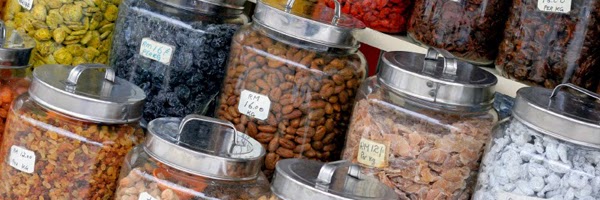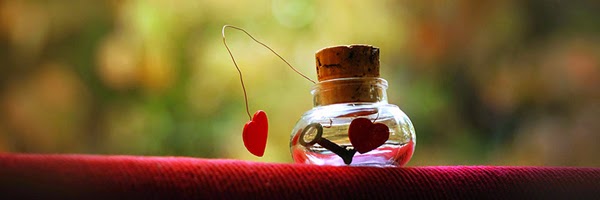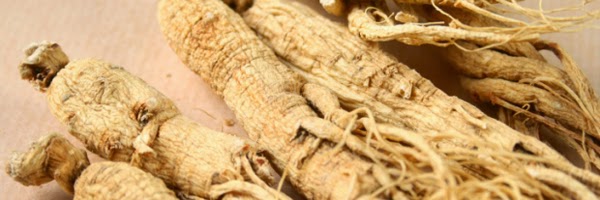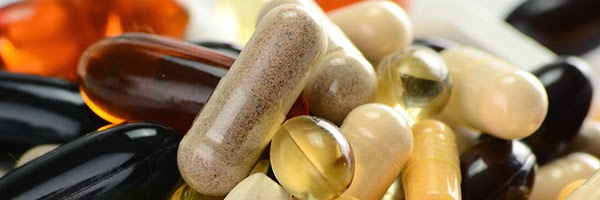The English word ginseng derives from the Chinese term rénshēn, literally "man root" (referring to the root's characteristic forked shape, resembling the legs of a man). The botanical name Panax means "all-heal" in Greek, and was applied to this genus because Linnaeus was aware of its wide use in Chinese medicine.
To varying degrees the different types of ginseng have (or might have) the following health benefits:
- Improve physical performance
- Improve sexual performance
- Improve the body’s ability to adapt to metabolic stress
- Improve memory and other sorts of cognitive functioning
- Improve cellular health (inflammation, free radicals, protect against cancer, etc)
Ginseng has captivated Asian medicine for more than 5,000 years. It was even prized more than gold during the Qing dynasty of ancient China. This rhizome, in its natural state, is said to resemble an erect penis and/or several other parts of the human body which lead ancient experts to believe that it possesses mortal attributes. Authentic ginseng, that which comes from the species Panax, is commonly used as a healing agent to treat fatigue, reduce stress, fight infection and cure impotence.
The Different Types of Ginseng
Native Americans use this type of ginseng as treatment for nausea and vomiting, and as a potent love potion. They recommended it to early settlers who abandoned their man-made drugs in favor of plant medicines, and adopted ginseng as a powerful stimulant and aphrodisiac.
The original one. It increases the body’s resistance to trauma, anxiety, fatigue and stress and greatly increases sex drive. Panax is rich in phyto-hormones for both men and women’s problems. For men it helps in the formation of testosterone and for women it protects against breast cancer.
Japan, China and Korea prized the herb dong quai for its many healing benefits, including balancing hormones. It is widely used among Chinese women as a fortifying daily tonic, much as Chinese men rely on ginseng. It is one of the most widely consumed herbs in China, used as frequently as ginseng and licorice.
It has a variety of neuroprotective effects, might improve some forms of cognition, and likely a powerful anti-oxidant and anti-inflammatory.
Withania Somnifera was mentioned as a potent aphrodisiac in the ancient medical book of India, The Atherva Veda which states: “seed that is poured into the female that forsooth is the way to bring forth a son .... the strength of the horse, the mule, the goat and the ram, moreover, the strength of the bull (ginseng) bestows on him ..... This herb will make thee so full of lusty strength that thou shalt, when thou art excited, exhale heat as a thing on fire.”
Often referred to as eleuthero, it is particularly good at allowing your body to cope with metabolic stress. It acts as a cellular regulator, and provides a sustained energy boost/improvement in physical performance. Its performance enhancing qualities made it particularly popular with athletes.
The indigenous peoples of the Amazon have known it for thousands of years to treat illness, improve immunity and hormonal balance, and increase the body’s self-healing abilities. In South America its common name is "para toda" which translates as "for all things". Known for its unparalleled energy enhancing properties, this super food is useful in getting rid of the Chronic Fatigue Syndrome. It also works as an aphrodisiac and studies have shown that it increases the libido, and aids in removing all the physical and mental blockages regarding sex. It may also be used to treat several types of sexual disorders such as infertility, low libido, and frigidity.
Today, ginseng roots are taken orally as adaptogens, aphrodisiacs, nourishing stimulants, and in the treatment of type II diabetes, including sexual dysfunction in men. Some studies conducted point out that ginseng (Panax ginseng) appears to inhibit some characteristics associated with cancer in animal models; nevertheless, this effect is unclear in humans. Ginseng is most commonly promoted as an adaptogen (a product that increases the body's resistance to stress), one which can to a certain extent be supported with reference to its anti-carcinogenic and antioxidant properties. The rhizome is most often available in dried form, either in whole or sliced form. Ginseng leaf, although not as highly prized, is sometimes also used; as with the rhizome it is most often available in dried form.



















0 comments :
Post a Comment